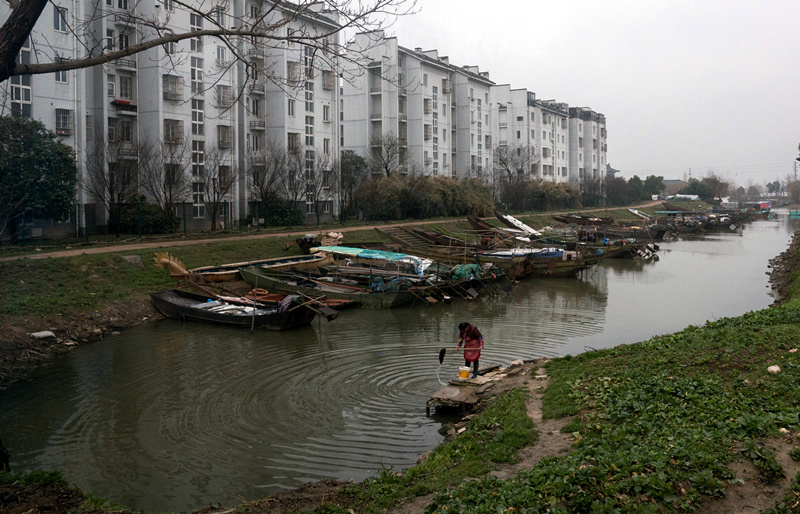Huzhou swaps pollution for profits


A cradle of change
Huzhou is the cradle of President Xi Jinping's "Two Mountains" theory-in which clear waters and lush mountains are invaluable assets, comparable to gold and silver mountains of legend. In August 2005, Xi, then Party secretary of Zhejiang, proposed the theory during an inspection tour of Yucun, a village in Huzhou's Anji county.
Since then, Xi has referred to the theory many times, both domestically and during overseas trips, to illustrate China's determination to improve environmental protection and widen green development efforts.
In May 2016, at the second United Nations Environment Assembly in Nairobi, Kenya, the United Nations Environmental Programme published a report-Green is Gold: The Strategy and Actions of China's Ecological Civilization-which examined China's attempts to build an "ecological civilization".
The report said China had made a number of notable achievements: For example, by the end of 2014, the country had built 10.5 billion square meters of energy-saving buildings in urban areas, accounting for about 38 per cent of the total area of urban residential buildings.
It added that as part of the attempt to build an ecological civilization, China would build on its success via a number of measures, including building a green manufacturing system that is efficient, clean, low carbon and circular.
"If China succeeds in achieving these goals, then it will have taken a major step towards shifting to a greener economy that uses resources more efficiently, limits the risks of climate change and improves the health of its people," said Achim Steiner, administrator of the UN Development Programme.
Natural advantages
During his 2005 tour of Anji, Xi hailed the village's move to close polluting mines and adopt ecological tourism by taking advantage of its natural scenic views.
"We should never follow outdated modes of development. In fact, clear waters and lush mountains themselves mean gold," he said.
In an article published by Zhejiang Daily in 2006, Xi further explained the theory by elaborating on the three stages of developing ties between green development and economic growth.
- National Games vibe is everywhere in Guangzhou
- Forum unites global experts to enhance city image communication
- Miao New Year celebrations get underway in Guizhou's Leishan county
- Mainland spokesman reiterates stand on Taiwan
- Fujian county's rural development becomes a big draw for Taiwan investors
- Nobel laureate in chemistry: Give young scientists more independence




































